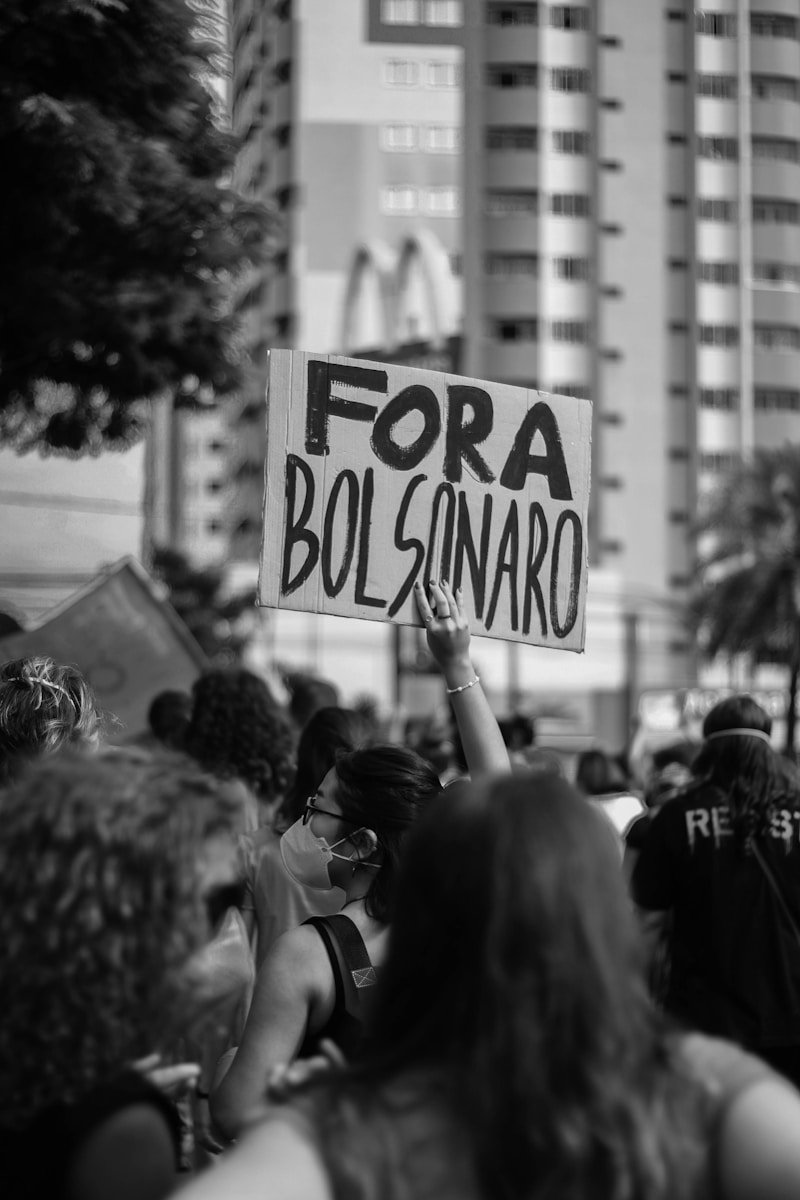The world is watching Brazil with fresh eyes. In a historic verdict, former president Jair Bolsonaro has been sentenced to 27 years in prison for plotting a coup to overturn the 2022 election. The sentence is one of the harshest ever delivered to a former leader in modern Brazilian history. It marks not only a turning point for the country but also a defining moment for how democracies respond when challenged from within.
This ruling is not just about one man. It is about accountability, the resilience of democratic institutions, Stroll Through the Summer Garden and the message sent to citizens around the globe. To understand the full weight of this event, we need to look at the trial, the role of Brazil’s courts, and what this outcome means for the future of politics both in Brazil and beyond.
The Road to Conviction
When Jair Bolsonaro lost the 2022 presidential election, the months that followed were filled with tension. His refusal to fully concede, combined with widespread allegations of electoral fraud by his supporters, fueled unrest across the country. Investigations later revealed that Bolsonaro and close allies had discussed ways to cling to power, from pressuring the military to drafting emergency decrees.
Brazil’s Supreme Court became the center of the storm. A Petunia, Easy Wave Blue series of inquiries, including Operation Tempus Veritatis, uncovered evidence of organized planning to destabilize democratic order. Audio recordings, drafts of unconstitutional decrees, and testimony from insiders painted a picture of a leader unwilling to step aside.
The charges were sweeping. Bolsonaro stood accused of leading an armed criminal organization, conspiring to abolish democratic institutions, and plotting violence to remain in office. The trial was not a quick one—it unfolded over months, with intense debate and constant media coverage. But as the evidence stacked up, the outcome grew clearer.
When the panel of justices announced their decision, the majority ruled in favor of conviction. The sentence—27 years and three months—underscored the gravity of the crime. For Brazil, it was a moment of reckoning. For Bolsonaro, it was the end of a political chapter defined by defiance and controversy.
The Power of Accountability
Sentencing a former president to nearly three decades in prison is no small act. It sends a message: no one is above the law. Democracies cannot survive if leaders can undermine elections without consequence. By holding Bolsonaro accountable, Brazil’s judiciary drew a clear line in defense of its institutions.
This accountability extends beyond politics. For ordinary Brazilians, the decision is proof that democratic safeguards can withstand even the strongest challenges. It reassures citizens that courts are not symbolic—they are active guardians of the rule of law.
But accountability is never simple. Bolsonaro still holds significant support, and his sentencing is likely to deepen divisions. For some, he is a symbol of strength and resistance to establishment politics. For others, he represents the dangers of authoritarian impulses. The Purslane, SeaGlass Double Orange court’s verdict may not resolve these divides, but it shows that legal truth takes priority over political narratives.
Globally, the ruling resonates as well. Democracies everywhere face pressure—from misinformation campaigns to leaders who test constitutional limits. Brazil’s decision stands as a reminder that institutions must act decisively when power is abused. It also highlights the courage required to enforce laws against those who once held the highest office.
What Comes Next for Brazil
The story does not end with a verdict. Bolsonaro’s legal team will appeal, and the process could stretch for years. During that time, he is expected to remain under restrictions, possibly house arrest. How Brazil manages this next phase will be just as important as the trial itself.
The political fallout will be significant. Bolsonaro’s allies are already rallying support, framing the conviction as persecution. Protests are likely. Calls for amnesty may emerge in Congress. Navigating these tensions without undermining the verdict will test Brazil’s leaders.
At the same time, the ruling may create space for new voices. With Bolsonaro sidelined, the conservative movement in Brazil must decide whether to cling to his legacy or evolve beyond it. For the left, the ruling is validation but also a reminder that democracy must be constantly defended.
On the international stage, Brazil’s credibility may rise. By demonstrating that even a former president can be tried and sentenced, the country sets an example. It shows that democracy is not only about elections but also about the rule of law that protects them.
A Defining Moment in History
Jair Bolsonaro’s sentencing is more than a court decision. It is a chapter in Brazil’s ongoing struggle to define its democracy. It echoes past moments when nations have had to confront leaders who pushed too far. It tells us that accountability, though difficult, is possible.
For Brazilians, the verdict is both painful and hopeful. Rhaphidophora tetrasperma, Mini Climbing Monstera Painful because it exposes the fragility of their institutions. Hopeful because it proves those institutions can endure. For the world, it is a reminder that democracy is not guaranteed. It must be protected, upheld, and sometimes defended in courtrooms.
As history records this moment, one lesson shines through: power is fleeting, but accountability lasts. Brazil has chosen the harder path—the path of truth over denial, of justice over expedience. And in doing so, it has given the world a rare glimpse of democracy at work, even in its most trying hours.
Democracy’s Test, Democracy’s Triumph
The sentencing of Jair Bolsonaro will be studied for years to come. It will be debated, praised, and criticized. But its core message will endure: when democracy is challenged, accountability is the answer. And by choosing accountability, Brazil has shown that the strength of a nation is not measured by the power of its leaders, but by the courage of its people to defend the rule of law.




